English Revision
This week saw the start of the GCSE exam session and the first of 4 English exams-Literature paper 1. Well done year 11-all your hard work has paid off! Now is the time to ride on...
Filter by Category
Filter by Author





































































































































































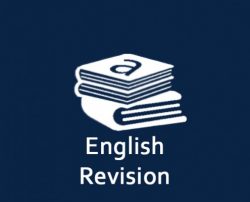
This week saw the start of the GCSE exam session and the first of 4 English exams-Literature paper 1. Well done year 11-all your hard work has paid off! Now is the time to ride on...
Posted by Danielle Bowe
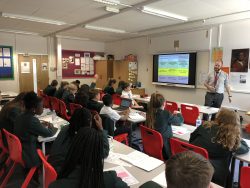
It was great to join Mr Dowty’s Year 8 History lesson on Thursday of this week as the students explored what life was like for black americans after slavery – a hugely...
Posted by Jeremy Turner

NEWS The last 2 weeks have been a very busy time for the PE and Health Faculty with practical moderations for GCSE PE and A Level PE as well as verification meetings for the...
Posted by Ashley Cartledge

Posted by Sara Ash - Deputy Headteacher
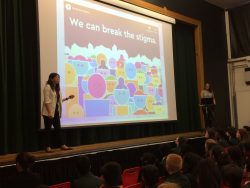
BMS have celebrated Mental Health Awareness Week over the past five days as we wish to show our support for better mental health. Good mental health is important for a whole...
Posted by Graeme Searle
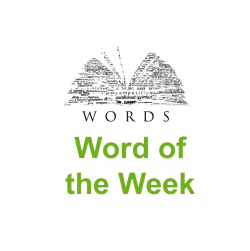
Posted by Danielle Bowe

With 1 in 4 students suffering some form of anxiety, worry and symptoms of mental health in any one year, coupled with the huge rise in the potentially damaging use of social...
Posted by Jeremy Turner
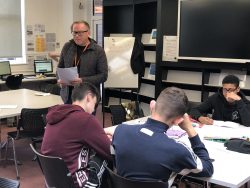
So many immensely dedicated staff at Bushey Meads continue to go the extra mile for all the students in their care. With another 65 students attending our Study Saturday last week...
Posted by Jeremy Turner

Our Friday Faculty Focus in Staff Briefing last week was led by our hard working and dedicated Head of Faculty for Foreign Languages Mrs Charles. Sharing some excellent practical...
Posted by Jeremy Turner

Posted by James Felix
 This week saw the start of the GCSE exam session and the first of 4 English exams-Literature paper 1.
This week saw the start of the GCSE exam session and the first of 4 English exams-Literature paper 1.Structure – how that piece is structured/organised- so the acts in a play, the stanzas in a poem, the Acts of a play… you can also ‘zoom in’ a bit and look at rhyme schemes/word order in poems, paragraphs in prose, stage directions (exits and entrances) etc.
Language – the choice of words and their characteristics – typically things like alliteration, assonance, sibilance, the linguistic history of a word, onomatopoeia... but also things like semantic field, or just general observations on language type e.g. ‘He uses emotive language’ to…’

Last week our drama and dance students had the wonderful opportunity to visit the Immersive Ensemble production of The Great Gatsby. Ours students donned their best 1920s party...